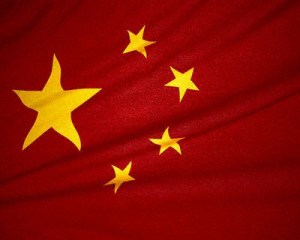
China’s Web censorship regime hasn’t earned it many friends in the west, with major gaffes surrounding things like the presses access to the Internet at the 2008 Beijing Olympics, the Chinese government using information from firms like Yahoo to jail Chinese bloggers, the regular and consistent suppression of information the Chinese government deems dangerous or inappropriate, and possibly even computer espionage against firms like Google…which has made the search giant scale back its China operations and move its Chinese search engine to Hong Kong.
Now, speaking at the Chinese headquarters of the video sharing outfit Tudou—YouTube is blocked in China—European Commission vice president Neelie Kroes has painted China’s Internet censorship regime as a barrier to trade, since it block the free flow of information to China’s vast population of Internet users. And one way to bring down that firewall? Through the processes of the World Trade Organization.
If Kroes follows through, the move could put added pressure on China to loosen or remove restrictions on Web content and Internet services in the country. Currently, a number of service that are popular in the west are completely banned in China, including things like Facebook, Twitter, YouTube, and Flickr, partially out of fear the platforms might present a mechanism for dissidents to organize and/or share information the Chinese regime wants to suppress. Chinese law currently required Internet companies block or remove “objectionable” content—that includes things like pornography, but also statements critical of the Chinese government, in support of a free Tibet, information on the Falung Gong movement, and much more. Video sharing site Tudou says it removes some 100,000 videos from its service every month to comply with Chinese restrictions; some of the videos are pornographic, but many are political.
The United States has also considered bringing China’s Web censorship operations up before the WTO; if the WTO were to find the restrictions a barrier to free trade, China could be subject to WTO sanctions…which could significantly impact the country’s now-booming economy. However, in the past the WTO has upheld Chinese policies of censoring print and broadcast media.


